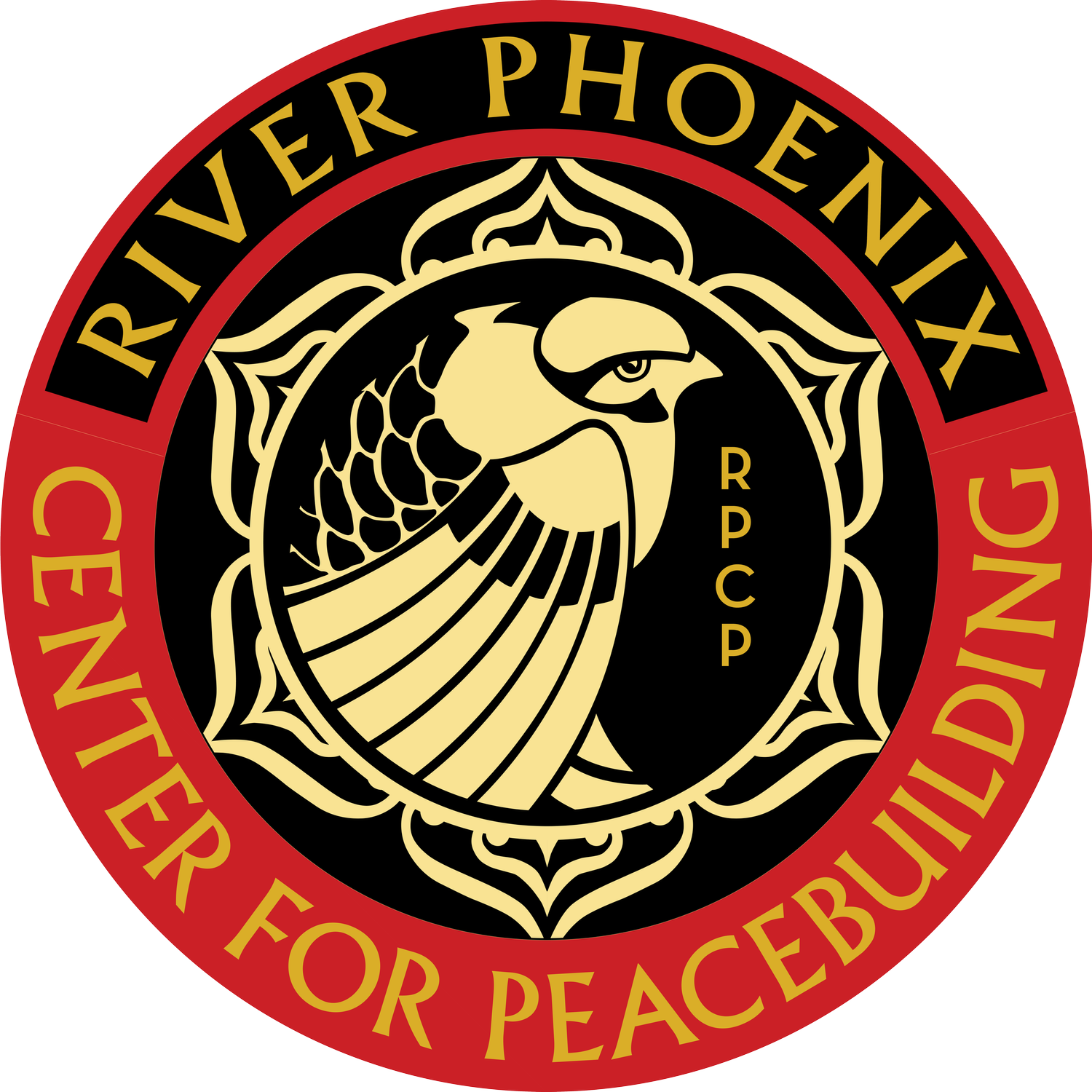Participant Evaluations of our Restorative Justice Training
“This training was awesome, interactive and informative. I feel it can be a tool used to resolve issues in other settings or incidents noncriminal and should be provided to other agencies as well.”
“This needs to be available in all schools. This will help youth stay out of the justice system at such a young age, as well as keep them in their school instead of alternative schools.”
“This is such valuable training that I would recommend it to anyone regardless of age, race, gender or situation. It was absolutely extraordinary”
“The instructors provided us with the necessary tools to be successful and created a safe space to allow us to be open, share, practice, make mistakes, and honest constructive feedback.”
Restorative Justice 1.0
Restorative Justice Training Team: Jeffrey Weisberg, Cindy Grimes, Eric Estling and Heart Phoenix
This interactive and engaging training will introduce and explore Restorative Justice in terms of theory and practice. The training team will guide participants through the restorative justice circle process with special attention devoted to the art of facilitation. Training participants will:
Learn about various restorative concepts, definitions, and distinctions
Examine the impact of trauma on behavior and develop a trauma-responsive approach
Consider how social dynamics such as power, race, and bias affect our practice
Develop useful facilitation tools, techniques, and strategies
Participate in facilitation practice roleplay sessions
Further, participants will receive a digital copy of the RPCP Restorative Justice Training Manual and a Certificate of Completion. No prior knowledge, experience, or training is necessary. We encourage participants from all community and professional sectors–as well as those that are just curious or interested in developing their ability to address conflict and harm in their own lives more constructively–to please join us.
$250-$350 sliding scale. Financial Aid is available.
* Training offered in person and are conducted over two consecutive days.
RJ Training Sarajevo 2019
Advanced Restorative Justice Practitioner Training
Restorative Justice Training Team: Jeffrey Weisberg, Eric Estling, Cindy Grimes and Corey Collins
This four-half-day advanced virtual training builds on the concepts and skills presented in the Restorative Justice Basic Practitioner Training to develop even more advanced skills in facilitating restorative circles and implementing restorative justice programs.
Participants will take an in-depth approach to explore some of the more nuanced facets of restorative processes as they develop specialized tools to meet specific situations or challenges. We especially encourage those who are actively facilitating restorative justice circles or utilizing restorative programming in their current role to participate. In the training, participants will learn to:
. Guide the formation of effective agreements
. Navigate and de-escalate difficult situations in a restorative circle
. Promote restorative justice within institutions and communities
. Facilitate various types of restorative circles through specialized role play scenarios
Successful completion of RPCP’s Restorative Justice Basic Practitioner Training is required. $250-$350 sliding scale.
For More Information Click Here
Financial Aid is available.
Restorative Practice Trainings for Schools and Youth Program Staff
This comprehensive and engaging four-half-day interactive virtual training is for educators and out-of-school youth providers who are interested in utilizing Restorative Practices in their school or enrichment setting. Participants will learn about the continuum of strategies and practices that create more restorative environments in schools, classrooms, and programs - from restorative language and spaces, to restorative conversations, groups, and formal circles. Participants will receive an overview of Social-Emotional Learning, trauma-responsive approaches, de-escalation techniques, and circle facilitation skills, as well as simple practices and exercises that can be easily integrated into existing curricula and programs.
For More Information Click Here
* Training offered in person and are conducted over two consecutive days.







